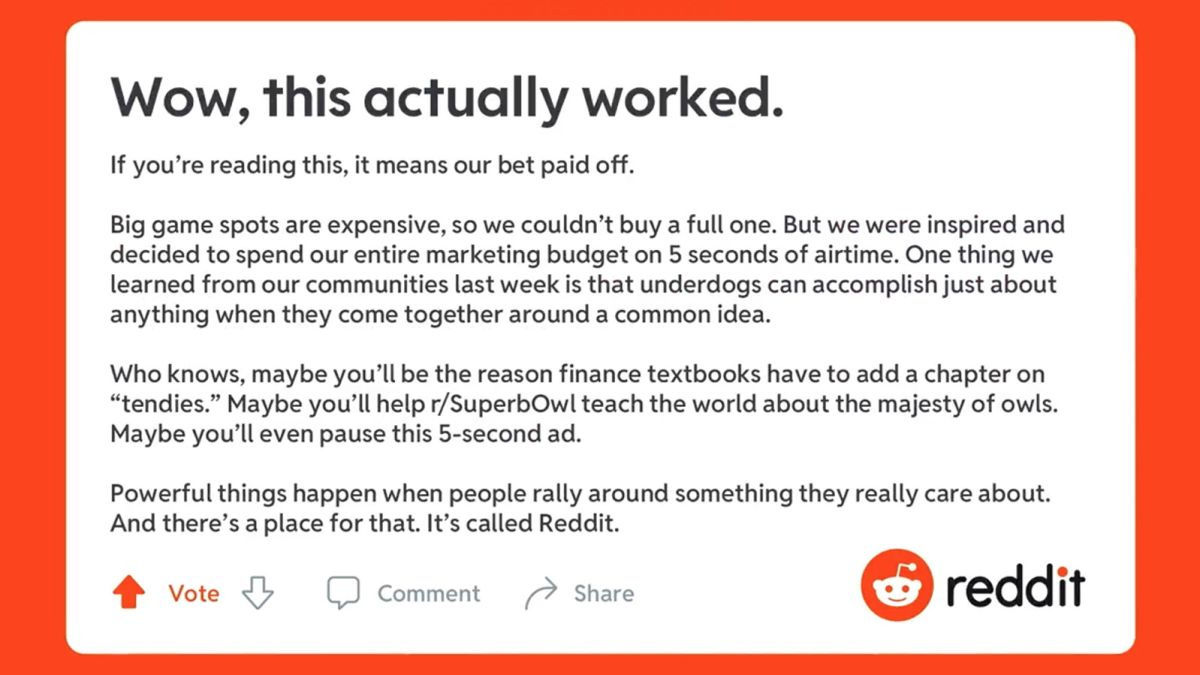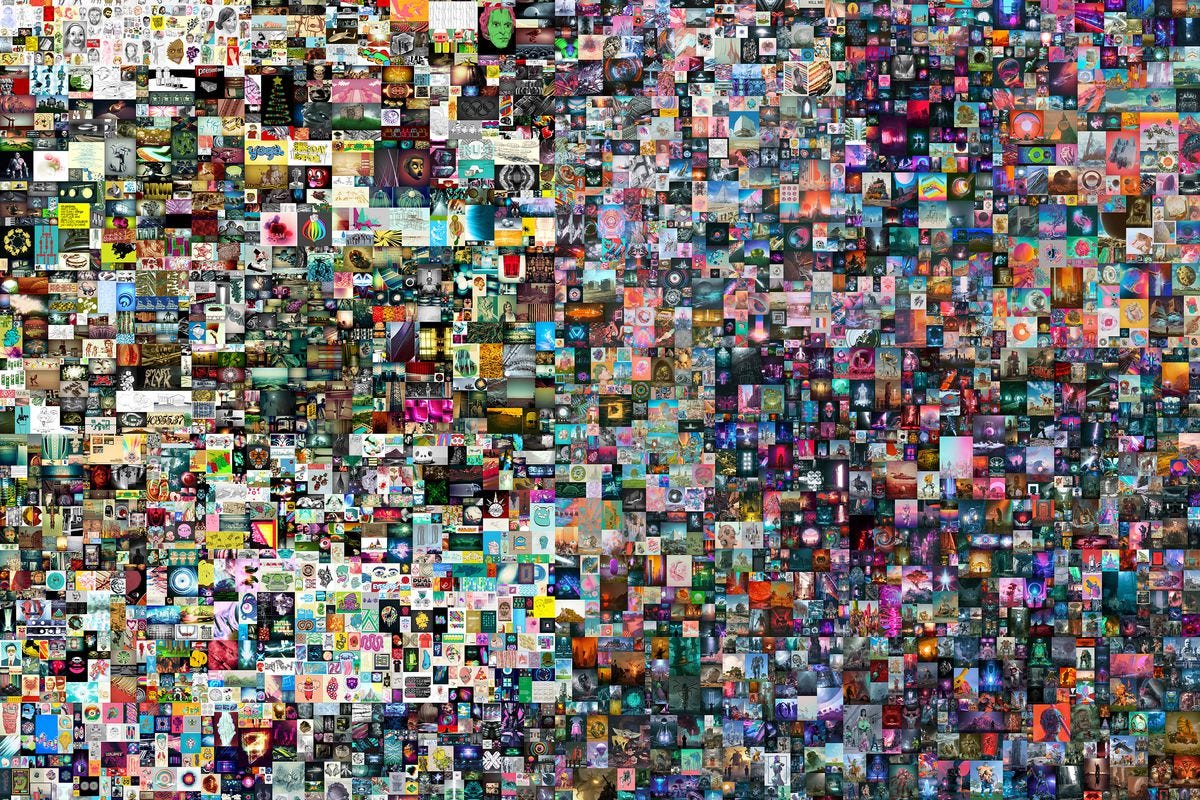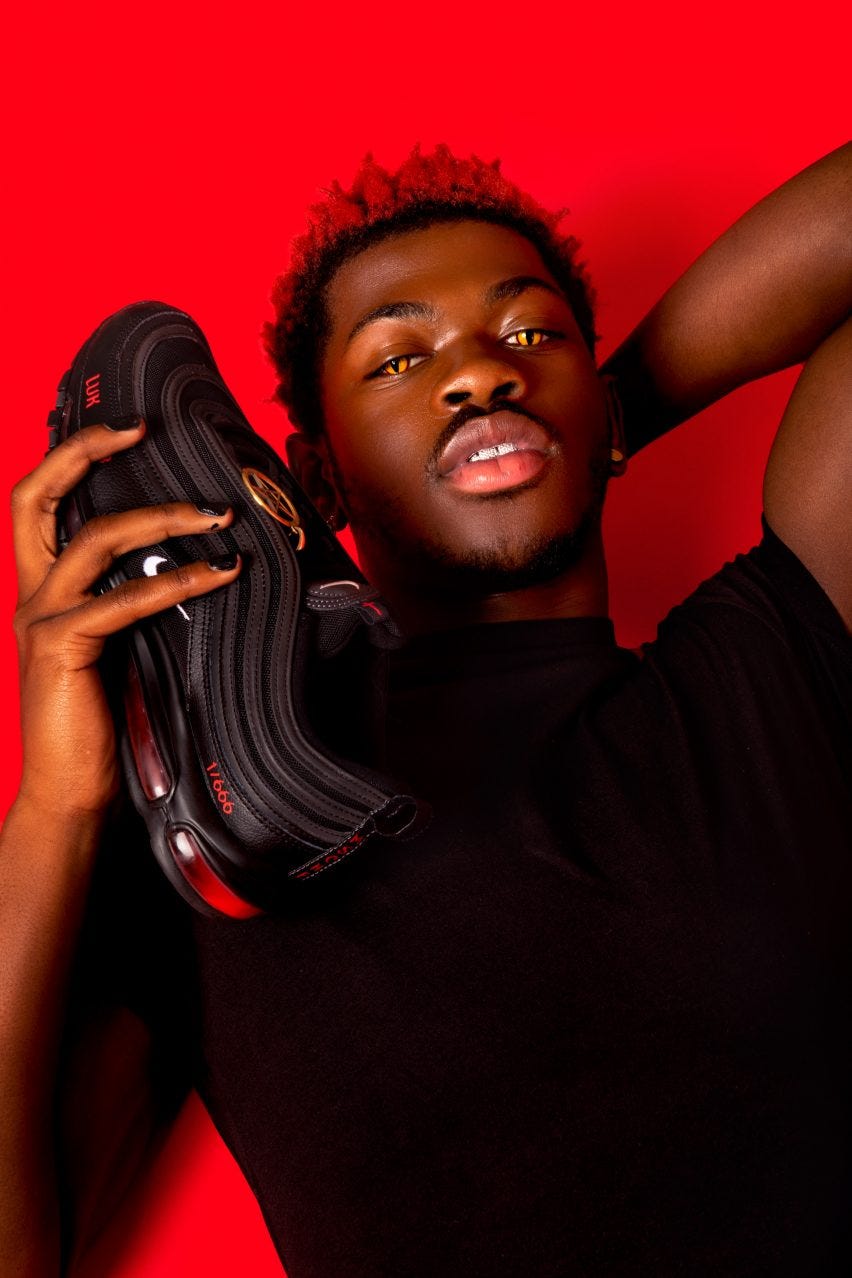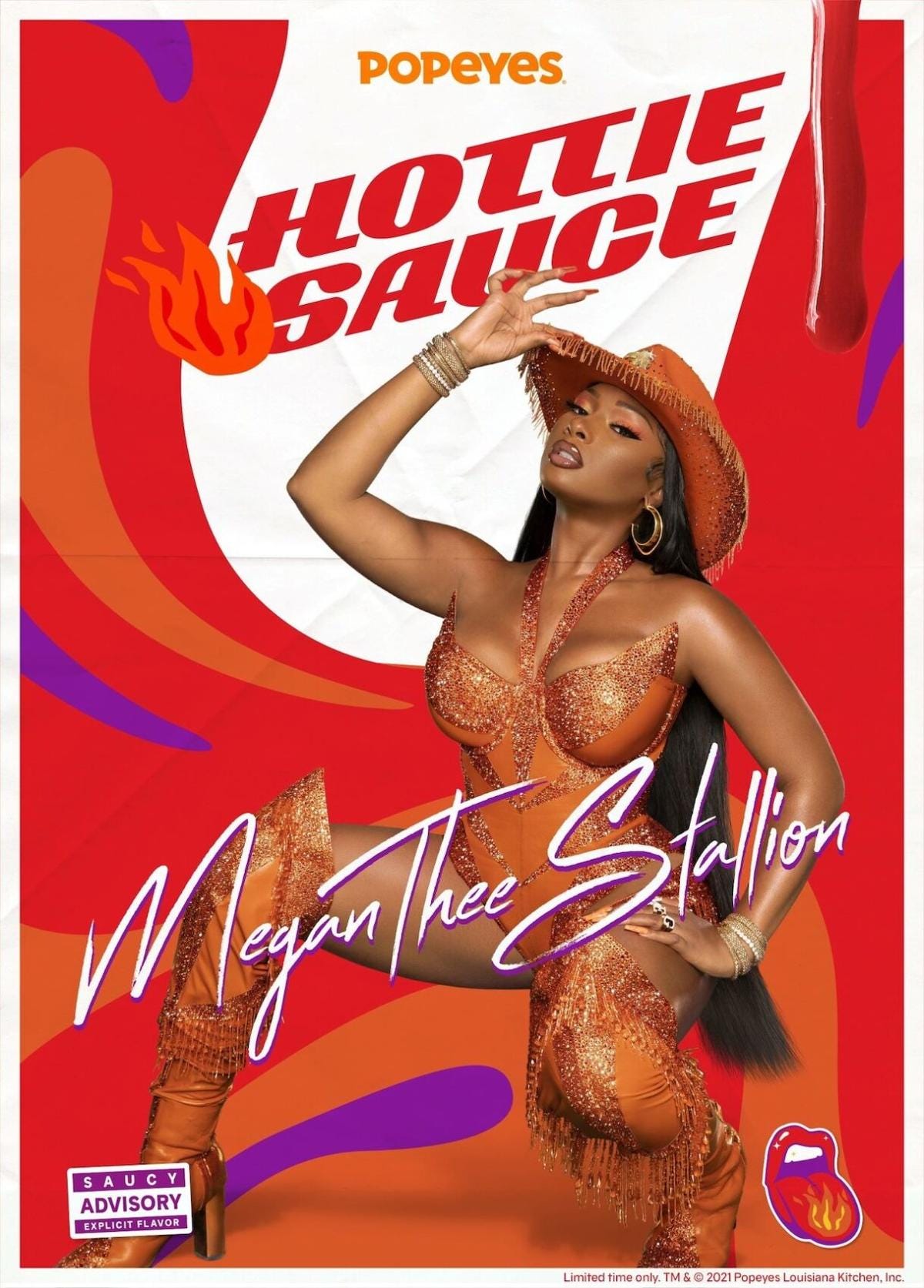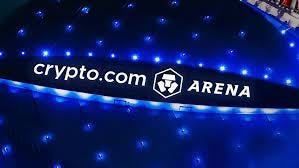This Year in Ads: 2021
Advertising does more than just sell soap. It’s a cultural text and if you read it carefully, the threads of societal change are just as legible as in any work of literature or art. This year we’ve kept going on the pandemic roller coaster ride, and advertising was in the first car.
Kevin Hart and Jimmy Fallon channeling 2021 roller coaster energy. Source: Tonight Show with Jimmy Fallon
It was yet another unprecedented year, a bracing cocktail of pandemic anxiety and crypto-optimism, upended markets and unexpected technologies. Supply chains broke down, celebs and influencers kept going up. Acronyms popped into the collective consciousness like mushrooms—NFTs, DAOs, SPACs. We all prepared for the Roaring 20s, but COVID had different ideas.
January
January was more or less a wash. We were still stuck inside. We watched the horror show of the January 6th rioters swarming the capitol, and heard the dissonance of leaders undermining the democratic process. Any feel-good ads about fresh starts and unity went out the broken capitol windows.
But what really set the tone for the year was not the insurrection at the Capitol; it was the insurrection on Wall Street. A Reddit group called r/WallStreetBets used the power of their collective purchasing to pump up the stock price of GameStop, the first of several meme stocks to up-end what we know of the stock market, and rippled into culture. Popeyes chimed in, using WallStreetBets lingo “tendies” to hype their chicken tenders.
February
The Super Bowl, what’s that? In spite of a fanless sports bowl, The Weeknd wowed with a ‘rona special, using interiors and camera work to play to audiences stuck at home. During AdBowl, we saw Amazon wooing the ladies by replacing Alexa’s obedient femme voice with a shirtless Michael B. Jordan. Sex sells, and this isn’t a particularly progressive ad, but it still recognizes the shifting demographics of who’s watching the game. Reddit, however, won the Super Bowl with a simple little ad that ran for all of 5 seconds—a 12th of the coveted 60-second spot during the Big Game. Note the tendies reference again, friends.
Reddit’s 5-second ad
March
Do you even NFT?
Beeple sold an NFT artwork for over $69 million, catapulting non-fungible tokens from cordoned-off Discord channels to mass public awareness. And where there is mass public awareness, there will be brands. So everyone from Martha Stewart to McDonald’s was releasing NFTs. Even Baby Shark got in on the action.
I do not own this art work. Beeple’s record-breaking NFT.
Also, Lil Nas X released the Satan sneaker, a Nike with human blood in it, with trouble-makers MSCHF. Not my favorite MSCHF drop—that honor goes to Severed Spots—but it certainly got the most headlines. MSCHF is ace at blurring the lines between art and commerce, reverence and taking the piss, and this drop hit the sweet spot of celebrity, sneaker culture, and controversy, triggering an attention-getting law suit from Nike that spawned more headlines.
Lil Nas X and his blood-filled hell shoe. Source: MSCHF
May
Axe, of leering teen boy ad fame, revisited its idea of the ‘Axe effect’ in a slightly more Gen Z style. Gender bendy, equal opportunity vibes, bright colors, and a sense of optimism and connection reflected the hope of a post-COVID world and set the tone for hot vax summer.
June
This ad for CoinFlip, a crypto ATM, is nothing to write home about. But the very fact that a celeb is shilling crypto on television is noteworthy. A month after Neil Patrick Harris showed up for CoinFlip, Spike Lee showed up in an ad for Coin Cloud, another crypto ATM operator, and got dinged for promoting volatile cyrptocurrency to people of color.
July
BLK, a dating app meant for Black people, hit the airwaves with a hawt pro-vax ad to help destigmatize vaccination among Black communities, where vaccine skepticism remained high based on a bleak history with the medical community.
August
The 2020 Tokyo Olympics happened. You read that right, 2020. Why pay to update all that signage just because a pandemic happened?
Another fanless spectacle, but the world witnessed the joy of skateboarding in its first year validated as an Olympic sport. True to form, Nike leveraged its roster of stars with the unifying message that we’ve been missing out on all year. Beats by Dre celebrated Sha’Cari Richardson, the runner who lost her chance at a record-breaking Olympics because she smoked some weed. Facebook jumped on the skate train with a series of ads showing how its various platforms enabled skate culture around the world.
September
My birthday is in September, and this ad was a true gift. Women are getting bolder about their bodies, and I love the role that advertising is playing in trashing taboos about our lady parts. In September, Schitt’s Creek’s Annie Murphy welcomed the world to her vagina, and the rules that her special place lived by in an ad for Phexxi—a long overdue solution for women to have hormone-free, in-the-moment birth control.
October
Megan Thee Stallion: Popeye’s Franchisee, hot sauce namesake and proud college graduate.
November
TikTok did an ad that most people loved but I found a bit of a yawn-fest. Am I not online enough?
Whistleblower Frances Haugen hit all the airwaves denouncing Facebook’s practices. In a completely unrelated move Facebook rebranded as Meta and dropped a widely parodied but also intriguing video of Mark Zuckerberg navigating various versions of a metaverse. Personally I’m pretty upset that I can no longer say “so meta” without thinking about Mark’s pale robot face. But the video launched an endless amount of parodies, including this one from Iceland’s glorious tourism board.
December
Peloton is making holiday fiascos and Ryan Reynolds a habit. This year started with a Peloton cameo in the Sex and the City reboot—and it offs Mr. Big in the first episode (sorry, spoiler).
Carrie and killer Peloton
Luckily, Ryan Reynolds is on it, and shoots a quick Peloton ad starring Chris Noth, the actor who plays Mr. Big. Which is a sassy comeback until Noth’s accused of sexual assault. And there you have it. A nostalgia reboot, a Ryan Reynolds ad, and a MeToo moment at whiplash speed to round out another wild year.
And finally, out with the old, in with the new. LA’s Staples Center has officially changed its name to Crypto.Com Arena.
I’m Anita Schillhorn van Veen, Director of Strategy at Mckinney in Los Angeles, and this is my little writing experiment. Pls share, like, and subscribe.






